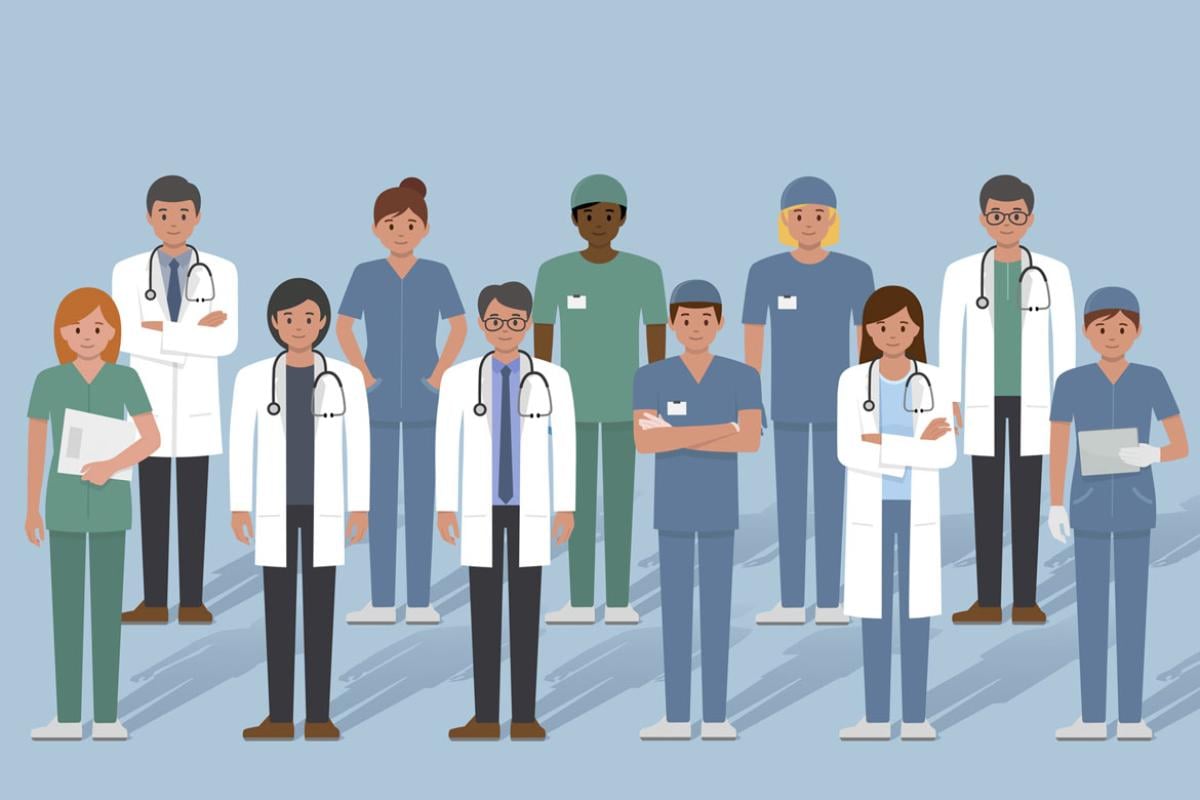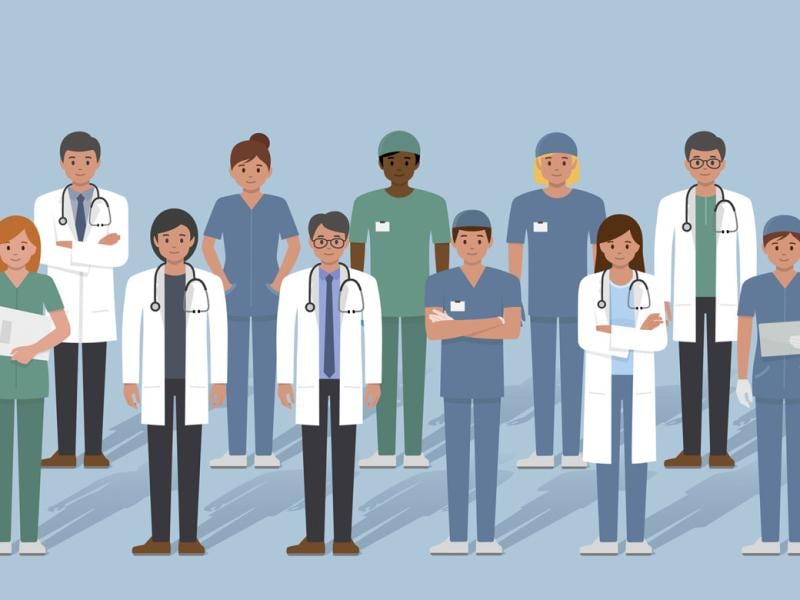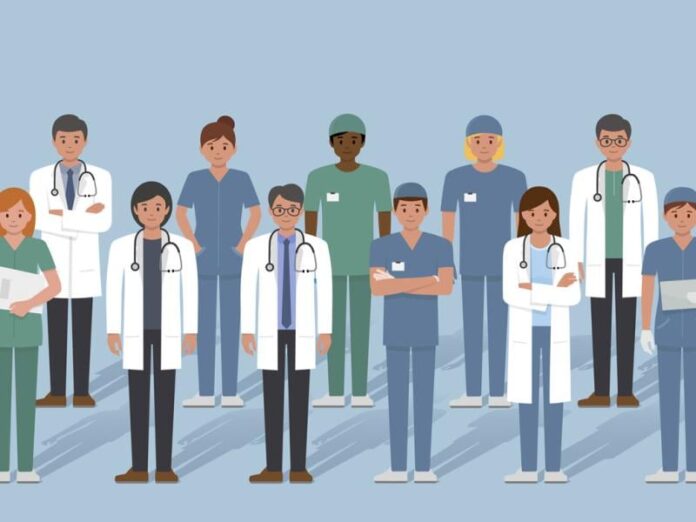“When Crisis Strikes, Science Prevails: How Medical Students Used Health Systems Science to Navigate the COVID-19 Pandemic”
In the midst of the unprecedented COVID-19 pandemic, the world watched as healthcare systems were pushed to the brink. The rapid spread of the virus forced medical professionals to think on their feet, adapting to a crisis that tested the limits of human ingenuity and scientific knowledge. But amidst the chaos, there were moments of brilliance – moments where medical students, armed with the right tools and mindset, proved that even in the face of uncertainty, science can be a powerful guide.

How Medical Students Used Health Systems Science to Thrive During the COVID-19 Pandemic

The COVID-19 pandemic, although unprecedented, has triggered a global health crisis that has forced medical professionals to adapt to new challenges. The pandemic has highlighted the importance of health systems science (HSS) in delivering high-quality patient care.
Understanding the Crisis
The COVID-19 pandemic presented a crisis of unprecedented proportions, and medical students’ participation in HSS projects helped them develop essential competencies. The projects demonstrated the critical role of HSS in responding to patients’ needs during the pandemic.
The Importance of Health Systems Science Competencies in Medical Education
HSS competencies are crucial in medical education, as they enable healthcare professionals to work effectively together to deliver patient care. The COVID-19 pandemic presented a unique opportunity for medical students to develop these competencies through innovative projects.
Domain of Competencies Acquired by Medical Students
Teaming
Collaboration with medical or other health professions students or health professionals was a key component of many projects. In the case of the teaming domain, a project was considered as potentially leading to competency if it required the project leader to collaborate with medical or other health professions students or health professionals.
Technology
Students used digital tools to gather clinical information, participate in virtual rounds, and provide daily clinical updates. One project, at New York University Grossman School of Medicine, paired 115 medical students with physicians who trained them to remotely gather clinical information from patient charts, participate in virtual rounds, and provide daily clinical updates to patients’ family members, then document their interactions.
Leadership
Students demonstrated leadership skills by leading remote training sessions and leading teams to deliver patient care.
The Impact of HSS Competencies in the Pandemic Response
The COVID-19 pandemic presented a crisis of unprecedented proportions, and medical students’ participation in HSS projects helped them develop essential competencies. The projects demonstrated the critical role of HSS in responding to patients’ needs during the pandemic.
The pandemic highlighted the importance of HSS competencies in ensuring the delivery of high-quality patient care.
Lessons for System Leaders
The COVID-19 pandemic has underscored the importance of HSS competencies in healthcare delivery. System leaders should prioritize the development of HSS competencies in their workforce to ensure the delivery of high-quality patient care. Regular training and professional development opportunities can help system leaders identify and develop the skills required to deliver effective patient care.
Implications for Medical Students
The pandemic has demonstrated the value of HSS competencies in medical education and the importance of incorporating these competencies into clinical training. Medical students who participate in HSS projects will develop essential skills that will enhance their future careers.
The pandemic has highlighted the need for ongoing professional development and support to ensure that medical students have the skills required to deliver high-quality patient care.
Conclusion
As the world grappled with the unprecedented challenges of the COVID-19 pandemic, medical students across the globe rose to the occasion, leveraging their knowledge of health systems science to make a meaningful impact. This article has showcased the numerous ways in which these students applied their understanding of healthcare systems, policy, and social determinants of health to respond to the crisis. From developing innovative solutions to address healthcare disparities to collaborating with healthcare professionals to inform policy decisions, medical students demonstrated their ability to think critically and adapt rapidly to the evolving landscape.
The significance of this phenomenon cannot be overstated. The pandemic has laid bare the vulnerabilities of our healthcare systems, highlighting the need for a more nuanced understanding of the complex interplay between healthcare delivery, policy, and social determinants of health. By embracing health systems science, medical students have not only enhanced their own skills and knowledge but have also contributed to the development of more resilient and equitable healthcare systems. As we look to the future, it is imperative that we continue to prioritize health systems science in medical education, empowering the next generation of healthcare professionals to tackle the complex challenges that lie ahead.

